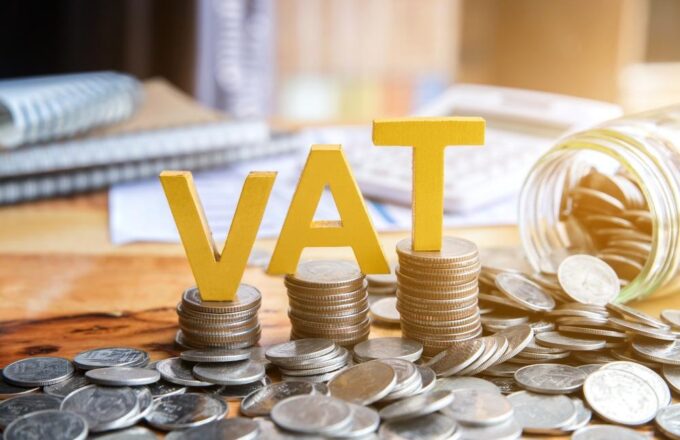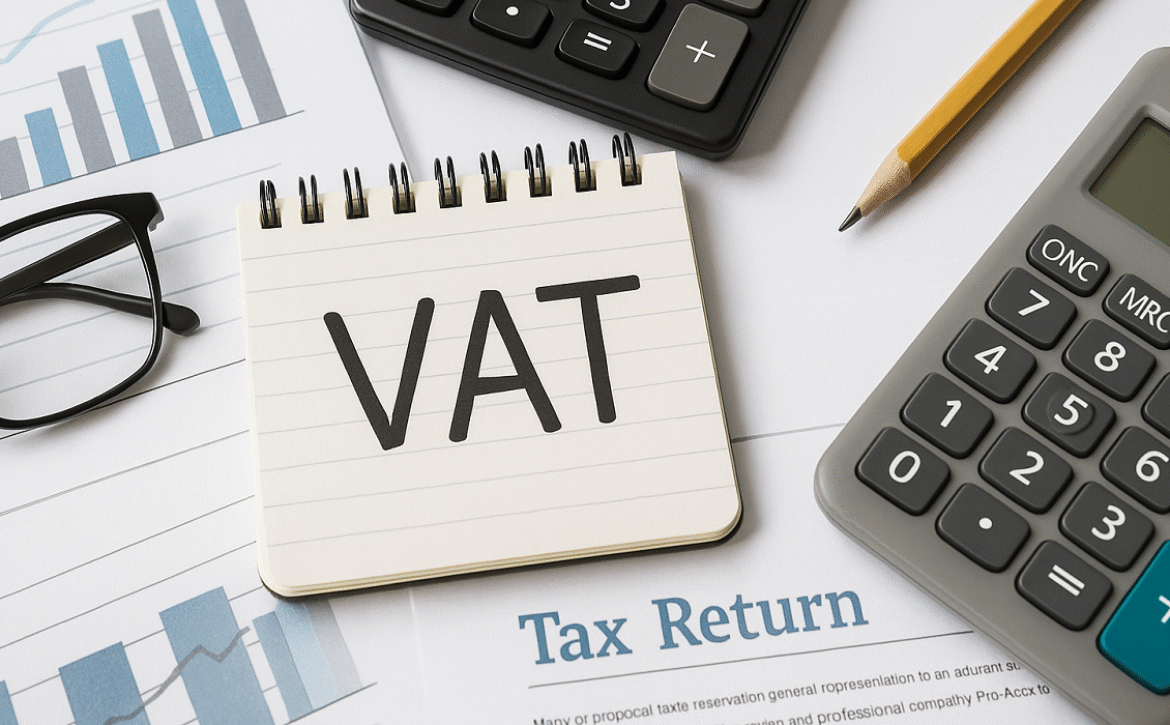Common UAE VAT Mistakes
Common VAT Mistakes Businesses in the UAE Should Avoid
Common UAE VAT Mistakes have become a significant cause for concern for both organizations, and justifiably so. The UAE imposed VAT as a means to increase revenue visibility and economic stability; however, many companies continue to struggle with VAT compliance. These mistakes lead to penalties, audits, and financial loss for the organization. Therefore, awareness and voluntary compliance with the law is important.
Understanding Why Common VAT Mistakes Businesses in the UAE Occur
Many organizations experience rapid growth, with no or limited tax expertise. This results in vat mistakes becoming commonplace. In other instances, businesses make the assumption that VAT rules are straightforward. Nonetheless, VAT regulations involve substantial interpretation of the words, transactional circumstances, and proper documentation.
It is often the result of poor training and weak internal controls. Companies that do invest time in VAT awareness and setting the proper systems to comply with VAT will protect their safety and compliance.

1. Incorrect VAT Calculation
Applying the wrong VAT rate is another Common VAT Errors Businesses in the UAE Should Avoid. Certain goods and services have a zero-rated or exempt status. Businesses must make sure that they correctly classify their products. If not from the incorrect classification, you risk charging too little or too much VAT from customers.
Incorrect VAT rates will lead to problems later down the road during an audit. It will also create problems with customer relationships and internal financial reporting. Good classification and an accounting system that is kept up to date can limit problems like this down the road.
2. Missing or Incomplete Tax Invoices
Invoicing in the UAE has to be correct, there are no exceptions. Missing or incorrect invoices can lead to compliance issues. Many businesses fail to include the proper information on invoices. Because invoices affect input tax claims and consider if you are audit ready, this makes it one of the Common VAT Errors Businesses in the UAE Should Avoid.
Businesses will need to include supplier information, TRN numbers, description of the product or service, and date the invoice was generated including the VAT amounts. Having a structured invoicing software will help maintain uniformity at a minimum.
3. Late VAT payment and filing
Filing late or paying late will incur penalties. This is one of the most likely Common VAT Errors Businesses in the UAE Should Avoid. Organizations need to prepare for and track deadlines for the return of VAT. VAT returns need to be either filed or payment of VAT needs to be made by very specific deadlines.
Automated reminders and shared responsibility for VAT specifically, or delegating to a pre-trained staff member can help avoid this common issue or error.
4. Wrong Input Tax Claims
It is common for businesses to incorrectly issue input tax claims. Companies either claim VAT on non-eligible expenses or do not make legitimate input tax claims, which would distort financial accuracy.
This fits into the Common VAT Errors Businesses in the UAE Should Avoid because it all relates to tax obligations and cash-flow management. Review expense policies and approval processes while incentivizing compliance.
5. Not Having Consistent Records
VAT laws stipulate that you must keep accurate records on file for a period of at least five years. Some companies do not keep organized records, and this could create risk during a tax audit.
Thus, to keep track of liability, bills, receipts, inventory records, and contracts must be properly secured. This is also a Common VAT Errors Businesses in the UAE Should Avoid. If you keep accurate records in an organized manner, you will alleviate this concern for a tax audit.
6. Mistaken Identity between Zero-Rated and Exempt Supplies
Zero-rated goods have 0% VAT and allow input tax recovery. Exempt supplies do not charge VAT and do not allow input tax recovery. It’s imperative that businesses understand the differences between the two.
When businesses do not understand the two rate types correctly, mistakes occur. This is yet another one of the Common VAT Errors Businesses in the UAE Should Avoid. Training your workforce on tax categories and clear classification would help alleviate any issues or confusion.

7. Overlooking Reverse Charges
Most businesses will have to deal with reverse charges for imports, and some businesses fail to properly account for VAT in those situations. This can lead to the understatement of the VAT that the business must report.
By understanding the rules that apply to imports and international supplies, businesses can avoid this common mistake.
8. Relying on Uniboaced or untrained staff
Compliance with VAT rules requires up-to-date knowledge. Many businesses have trained staff on VAT responsibilities without in-house tax training. This can increase the likelihood of errors made in reporting a VAT liability.
Companies should utilize trained individuals or professional advice. It is more economical to prevent an issue than to seek a correction.
9. Keeping accounting software up to date
Using outdated accounting programs can lead to miscalculations and errors in reporting. It is always worthwhile for businesses to have VAT compliant software and always look for updates to that software.
By doing so, it can avoid unintended mistakes while increasing the accuracy of financial reporting.
10. Not Having Professional Help
Some companies do not use professional tax advice to keep costs down. This can lead to an increased risk of VAT compliance. Professional VAT advisors can find any issue and offer preventative measures.
Overall, this keeps the business compliant and its financial position secure for the long term.


